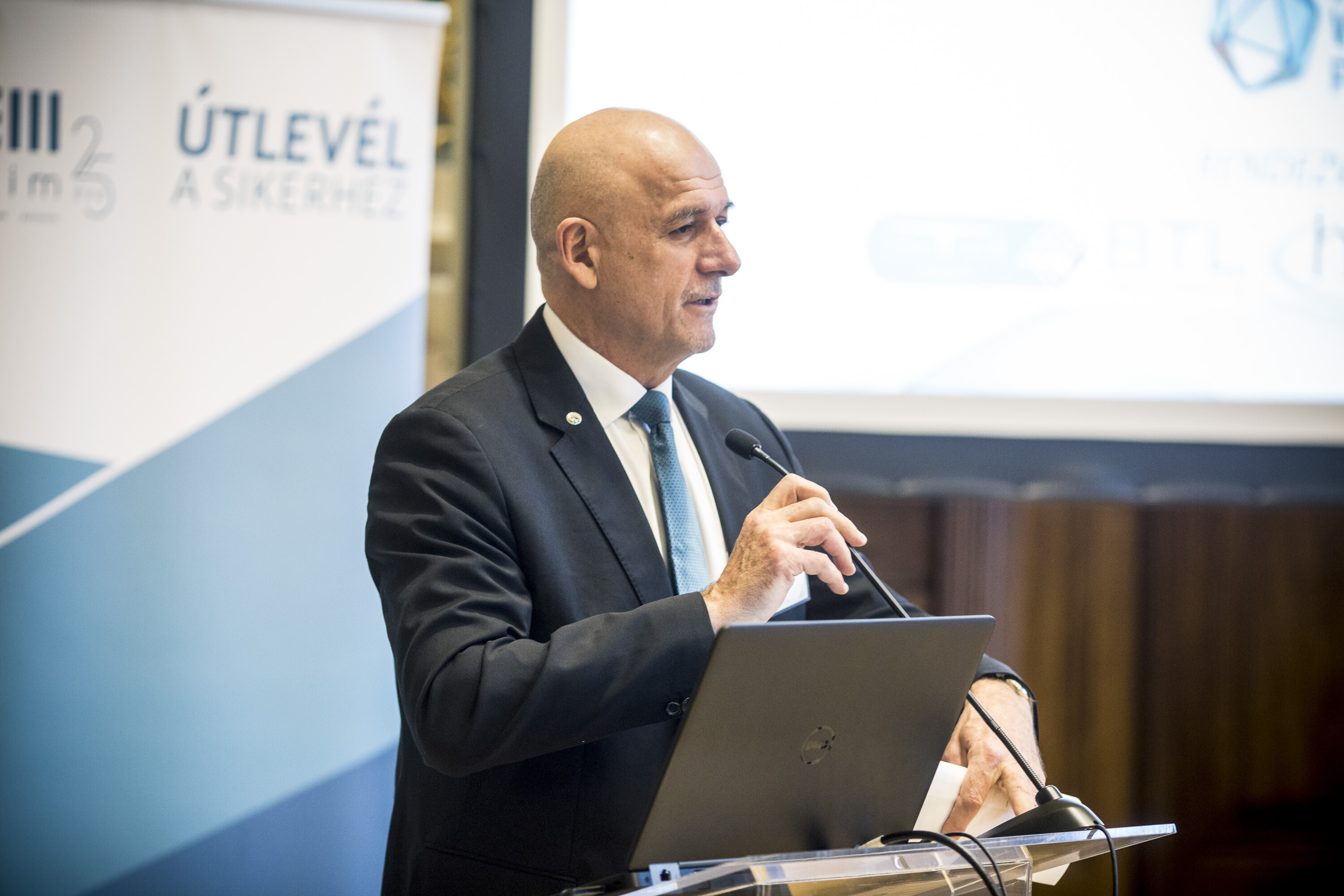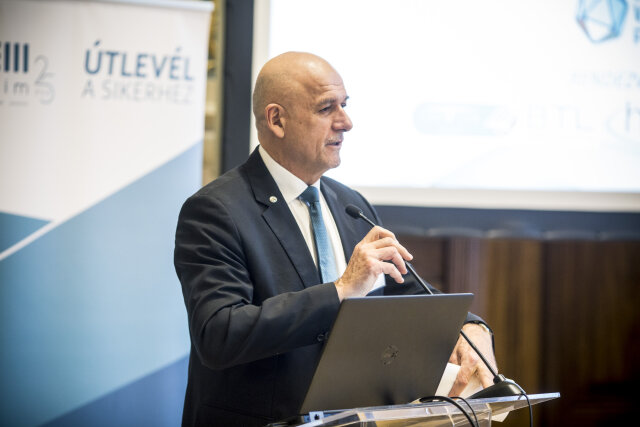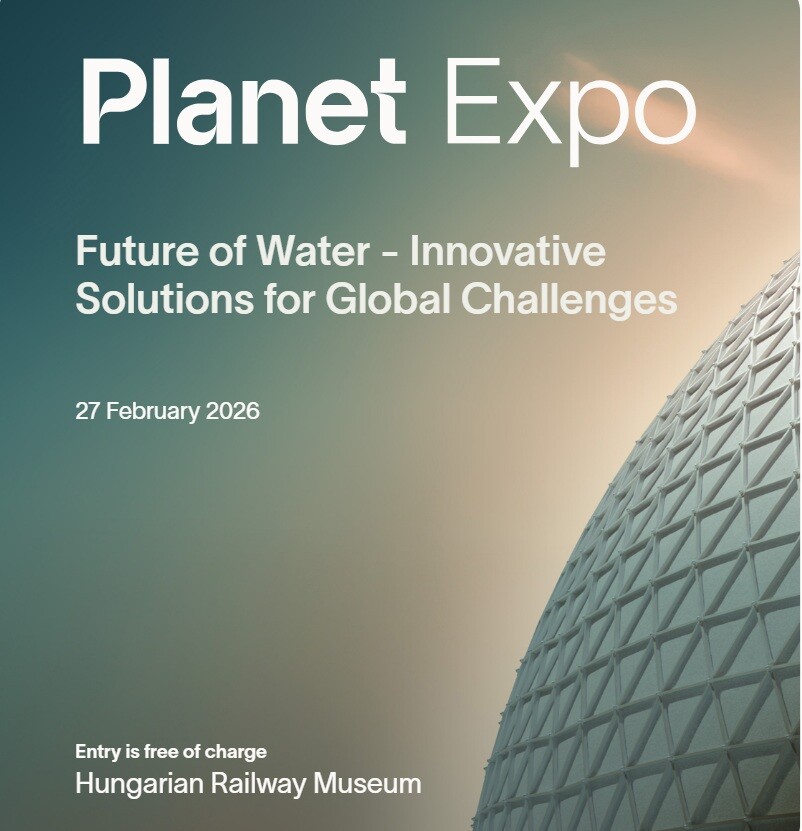
The results of the PhD thesis of Dr. Károly Kovács PhD (oec), the founder of our company, submitted under the title "The replacement needs of water utility infrastructure, social responsibility - needs for solidarity ", "represent a scientific novelty and can help to solve the great challenge of the next decades, the problem of replacement of water utility infrastructure".
One of the main elements of the thesis was the phenomenon that water and sewerage networks and associated facilities, which provide municipal water services, are more expensive than all other infrastructure underlying public services, while the cost of water and sewerage services is the lowest among household expenditures. The cost of providing water and the underlying infrastructure also varies markedly across social data.
The smaller the size of the supply unit, the settlement, the higher the infrastructure and service costs per capita, but the lower the disposable incomes," he concludes. The per capita replacement costs of water infrastructure in smaller settlements are several times higher than in larger ones, and although service charges are slightly higher in smaller settlements, they fall far short of covering the additional costs. Replacement needs per capita are closely correlated with the length of lines per capita, which in small municipalities are five times that of larger municipalities.
Social groups living in small and large municipalities are aware of the significant differences in the costs of municipal water and sanitation services depending on the size of the municipality. They feel the need for infrastructure renewal and, although they demand it and are prepared to compensate for it, and show solidarity and social involvement, they do not know its scale and scope. In his paper, he pointed out that 94% of the tariff payments would have to be set aside to cover replacement costs in order to make the whole system self-financing in the long term.
He recommended that by pooling inter-sectoral (water-sewer) asset management and regional management of municipal assets (regional pooling of water utility systems), the costs of replacement needs could be more balanced over time and thus more manageable in tariffs. The research for this dissertation was based on data from the 714 municipalities.
The paper speaks the common language of engineers and economists, presenting scientific results that identify the milestones for future challenges for sustainable water services. One of the reviewers of the paper, Dr. István Ijjas, Prof. Emeritus, BME, highlighted the thorough domestic and international perspective and practical approach as a major strength of the paper and said that the value of Károly Kovács' results is enhanced by the fact that he does not make qualitative statements but supports his hypotheses with concrete figures. One of the greatest merits of the thesis is that it gives such 'hard' figures, the magnitude of which shows that the situation of infrastructure under-replacement is very serious, and demonstrates to politicians and society that he is right to sound the alarm bell.
Caty Werey, a research engineer at the University of Strasbourg and the international reviewer of the thesis, noted that the study highlights the differences between small and large municipalities, both in terms of the coverage of replacement needs in water charges and the willingness of the population to pay for replacement in the municipality or in other areas of the country, showing solidarity with the smallest municipalities by setting water charges and transferring other taxes, or even by agreeing on a single national water charge. This research work also raises new questions in the field of network asset management research. In his dissertation, Károly states that in order to maintain and develop a service provider capability capable of meeting growing consumer and environmental expectations and needs, even in the face of climate, water, weather, and water quality changes, it is necessary to ensure the provision of an asset-based source of innovation, knowledge-based human resource management, and life-cycle cost-based decision making. In addition to ensuring horizontal solidarity to sustain small communities and vertical solidarity to support future generations, social empowerment, water value communication, and related awareness raising need to be strengthened.
Congratulations to Karoly for his PhD!
Károly's dissertation is available via the link below: http://phd.lib.uni-corvinus.hu/1223/










